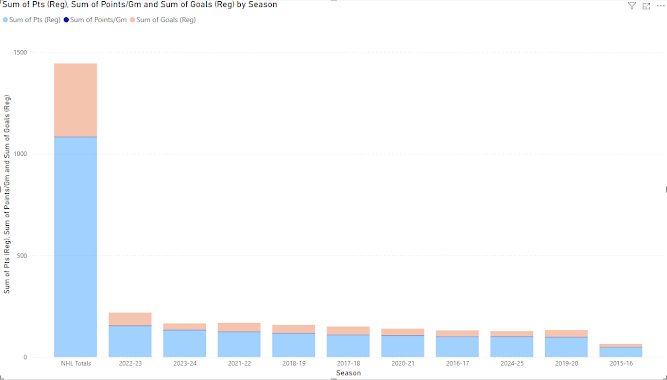By: Asa Montreaux
It had without doubt been a frustrating loss, and a scenario becoming all too familiar, as the Oilers fell to the Panthers in Game six, to lost the Stanley Cup Finals. McDavid finished the season tied for the team, and league lead, for points with 33. Leon Draisaitl had also had 33 points in the playoffs, though McDavid led in points heading into the finals.
What might surprise you, was that this was a less productive post-season than usual by McDavid. But as you could guess, it was not by much. McDavid had averaged about 1.65 points per game, in the two playoffs seasons prior to this one. But in this one he only managed 1.5 points per game.
It is a sign of a scenario becoming too predictable for Oilers players, and fans as well. That ultimately, they do not come through in the end.
Perhaps it is signs of deeper issues in the lineup. But it may also be a sign that the Oilers regularly meet their match against the Florida Panthers. With a few lineup tweaks, like how the Panthers added Marchand, they could theoretically tip the scales in their favor.
As you can see from the graph, it was also a slightly less productive regular season. But players regularly go through cycles, and the same kind of numbers that led to success for McDavid in former years will inevitably return.
In McDavid's most impressive season, he scored 153 points. If he could do that every season, his career would surely be one to remember.
He struggled early on in his career, though not as badly as some first overall picks. By his second season, he was clearly a future star. In his first season, he scored 48 points in 45 games, for a points per game of 1.067.
On average in his career he has achieved a points per game of 1.52, and impressively, in the playoffs, he has achieved a higher points per game of 1.56 points per game. Compared to the previous generation of NHL players, these numbers are impressive, and make him the preeminent playmaker in the game of hockey.
(click all to enlarge photos)
Selections predicts that McDavid will continue to produce and have success in his career. If things go well for McDavid, and he maintains his current production, Selections predicts he will have a points per game of 1.67 over the remainder of his career. Selections predicts he will score, on average, 118 points per season in the remainder of his career.
This will make for a staggering 1,420 points. So where does that leave McDavid? He seems to be a generational talent on the level of Ovechkin, and people regularly wonder if he will become the all-time leader in points per game.
points
Gretzky scored 2,857 points in his career. Selections predicts that McDavid will have a career total of--
... 2,502 points. Unless McDavid's production improves relatively later in his career, then he will not catch Gretzky. The Great One himself has his best production in his twenties, with his production sliding at the end of his twenties, and in his thirties, though it still remained very high throughout his whole career.
However, it seems extraordinarily likely that McDavid will rise through the NHL records to... SECOND in all time scoring. Jaromir Jagr sits second in NHL points with 1,921 points. Given that Selections predicts McDavid will score 2,502 points, nothing except a career ending injury could stop McDavid from becoming the second highest scorer of all time.
Behind Jagr sits Mark Messier at 1,887. Once McDavid starts getting into the vicinity of the two Oiler greats, he will be passing players behind them like Howe(1,850), Francis(1,798), and Lemieux(1,723).
In fact, as of today, McDavid is already 71st in all time scoring in the NHL with 1,082 points, at just 28 years of age.
Selections bases McDavid's points projection on him playing until the age of 41. A January birthday, McDavid would begin the season at 40, and play his last year. If he were to play longer, as it seems Ovechkin will, there is a higher probability he could become the greatest point scorer of all time, though it is not significantly more likely, as 40 year players are typically far less productive than players in their late twenties.


